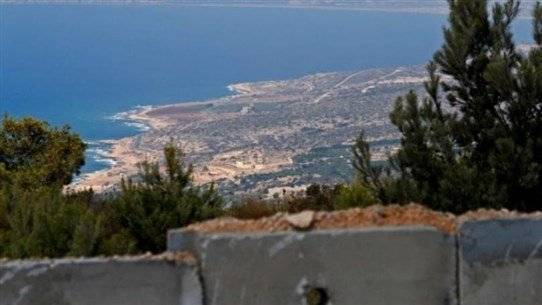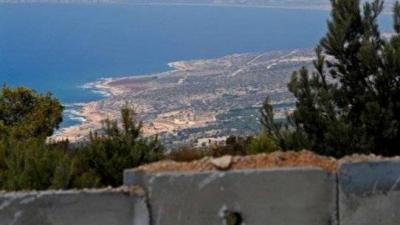This is a period of waiting in the region for what the coming weeks may bring in terms of external developments that will inevitably impact Lebanon, amid repeated questions about whether it will face an Israeli war linked to the maritime demarcation issue shortly after the Israeli response arrives through U.S. mediator Amos Hochstein. This comes weeks after a significant event in the region that gauged everyone's sentiments during the Israeli war on the "Islamic Jihad" movement in Gaza, raising questions about its implications for Lebanon.
Multiple conclusions emerged from the relevant parties who engaged in this mini-war, which lasted only three days. The most significant takeaway is the unlikelihood of a near war between "Hezbollah" and Lebanon. Leaders of the resistance axis factions have begun consecutive meetings at various levels to discuss what happened, detail it, and reach a unified vision for what the coming days may bring.
The "Hamas" and "Islamic Jihad" factions held meetings, particularly one that brought together Hamas leader Ismail Haniyeh and Islamic Jihad leader Ziyad Nakhaleh, to consult and discuss events before, during, and after the war, as well as the Israeli decision to attempt to crush "Jihad," akin to the attempt to strike "Hezbollah" in 2006, though there are differences in the nature and timing of the battles, along with similarities among some instigators of the movement, according to observers.
Intensive discussions took place between "Islamic Jihad" and "Hamas" regarding the latter's abstention from participating in the battle beyond media solidarity and statements. Observers within the "axis" indicate that "Hamas" responded to questions about "lifting the cover" from "Jihad" prior to the battle, which facilitated the attack on the latter. "Hamas" was not in favor of this, having been drawn into the "Sword of Jerusalem" battle initiated by "Jihad" a year and three months earlier.
In any case, this worked in favor of "Jihad," which leveraged the "achievement" of its resistance alone in the battle, achieving a political victory that relieved some figures within the axis who are not in agreement with "Hamas," such as Syria. However, it paid a heavy military price in leadership and human cost, while "Hamas" wanted to reclaim decision-making regarding its environment and return to dominate the scene, particularly on the media front as seen in "Sword of Jerusalem."
This was deemed necessary for both factions to re-establish a deterrence policy against the Israelis and to strengthen the national project, so that the Israeli side does not dare to wage war so easily again or target resistance members from all factions through killing and arrests. The factions have kept these discussions private because they do not wish to disrupt unity and serve Israeli interests.
" Hezbollah" has joined these discussions and its Secretary-General, Sayyed Hassan Nasrallah, met with Nakhaleh, where extensive discussions ended with preparations for all circumstances, although it is likely that no war is forthcoming against Lebanon. Observers note that if such a war occurs, Gaza would be involved, although not all factions need to join; however, pressure will be placed on Israel from the south if it embarks on such an adventure.
Currently, the prevailing sentiment is that the Israeli government does not want war, nor does the U.S. administration, just as "Hezbollah" is not interested in this war and does not threaten to engage in it but raises the stakes and threatens with all means to secure gains in the negotiation process for demarcation. Observers do not rule out that the U.S. administration may resort to providing "decompression doses" to Lebanon during its crisis, keeping it afloat in the event of postponing negotiations that the Lebanese are counting on.
The U.S. will also likely seek to restrain the Israeli government from undertaking any adventure in the region and may buy time to gain internal advantages ahead of the congressional elections in a few weeks. This perspective excludes the possibility of reaching an agreement on demarcation before the Israeli elections in November to prevent former Israeli Prime Minister Benjamin Netanyahu from returning to power, as well as to bolster negotiations with Iran while maintaining pressure on Lebanon and pulling on the ropes with the resistance axis politically and militarily. This is without rushing, as Washington is primarily concerned with Israeli interests and has no priority for European exploration interests, while not dismissing any tension that could lead to war if any surprising factors ignite quickly.
This outlook concludes by indicating that the demarcation issue may be postponed, with the Israeli government halting any exploration operations in the "Kariash" field, leaving the file hanging and continuing the question: Which companies will accept to explore in the Lebanese side?




